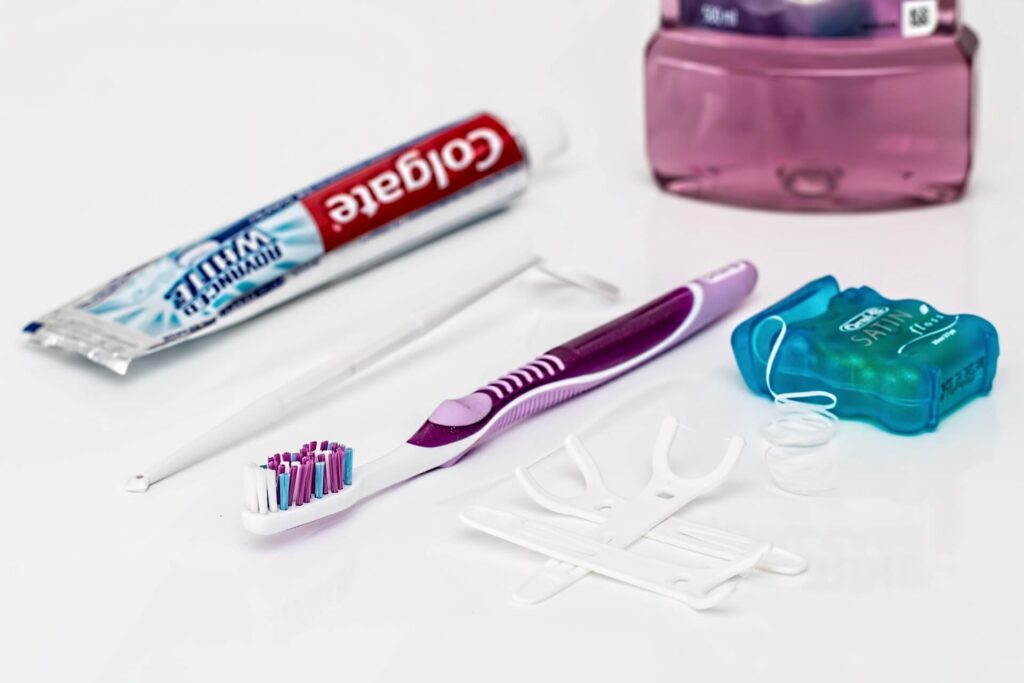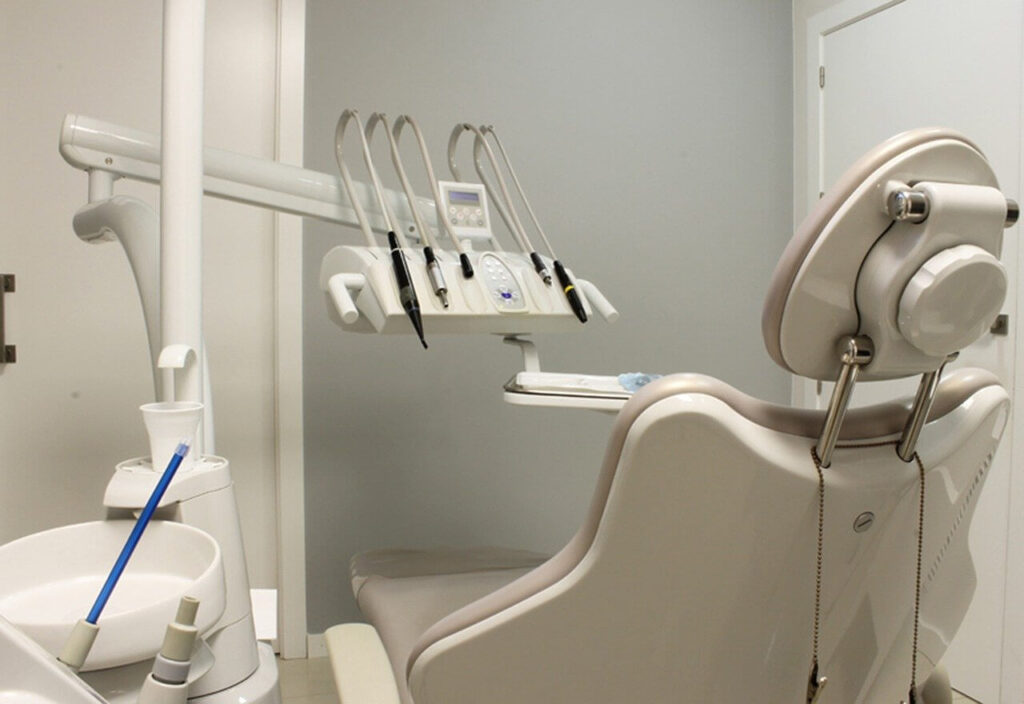Taking care of your teeth is incredibly important, but if you’re only focusing on your teeth your definitely missing out. Our gums play a huge role in our oral health, they can also be a huge health concern if you don’t take care of your gums.
Gingivitis and periodontitis
Gingivitis
- Inflammation
- Tenderness
- Redness
- Swelling/puffiness
- Bleeding
- Receding
- Bad breath (halitosis)
- An unexplained bad taste
Periodontitis
Summary
- Gingivitis – Early stage of gum disease, can be reversible at home.
- Periodontitis – Late stage of gum disease, will need a dentist or a specialist to reverse it.

Teeth scaling and root plaining
- Teeth Scaling – Tartar is scraped off the teeth by professional hygienists or dentists.
- Root Plaining – Tartar is removed from beneath the gums and they are smoothed out back onto the teeth.
7 Bonus Tips For Healthy Gums
Since gingivitis is one of the more easily diagnosable oral inflictions, lots can be done to prevent it from worsening into periodontitis. Here are a few things you can try if you notice any of the previously mentioned symptoms:
Flossing
Not nearly enough patients floss, and even less floss as often as they should. Many people seem to assume that if your brushing is done well, then flossing isn’t important, or they may only floss if something is stuck between your teeth. Flossing, however, is equally as important as brushing, especially for gums. Since your gums are soft, food particles may get stuck in them without you even being aware of their presence. Flossing will ensure a much more effective clean than just brushing, and it should be done at least as much as brushing.
Brushing your gums and tongue
You should be brushing your teeth at least twice a day. You should also finish by brushing your gums and tongue softly. You can get film buildup on your tongue and gums which may also cause you to experience bad breath. If you don’t brush your gums and tongue, now would be a great time to start.
Mouthwash
Mouthwash is also generally an underutilized tool in your oral care kits. Mouthwash can easily get between your gums and teeth, it may even get to places you might have missed. While it probably won’t remove any major food particles, it will clean minor discrepancies, and it can also make your breath smell great!
Water pick
Get dental checkups every 6 months
Try Specialty Products
Be more consistent

Gum health – Outlook
Frequently asked questions
Other issues can also cause your gums to be in discomfort. You may have an infection, or an abscess, or something else that is hidden out of sight. Definitely make an appointment.
You should probably get a new toothbrush every 2-3 months at the most. The bristles do loose their integrity with age and use.
A root canal only removes the pulp and inner parts of the tooth. The outside enamel and gums will still need to be cleaned.
